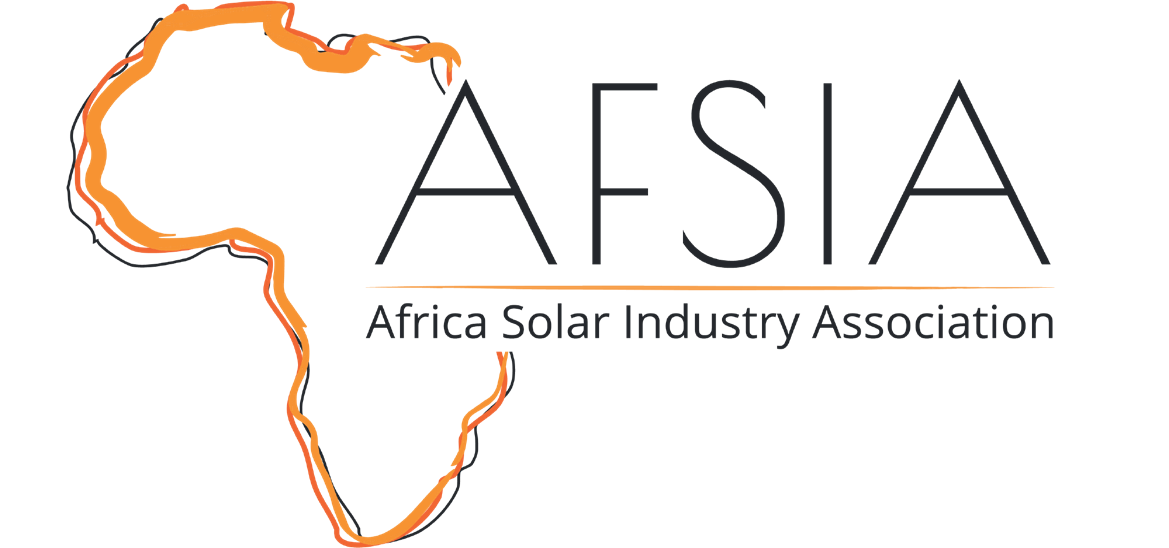- In addition to PV modules, Jinko Solar has recently announced the new production line of Energy Storage Solutions, but why ESS and why now?
Jinko Solar‘s move into Energy Storage Solutions (ESS) meets rising demand for renewable energy integration and grid stability. Reducing fossil fuel reliance and improving energy reliability, addressing the industry’s shift towards holistic energy solutions amid climate change and rising renewable energy adoption. In the way to net zero ESS is an essential part of the energy system and its importance cannot be overstated.
- How does Jinko Solar leverage its technological advancements to optimize solar energy production in the unique environmental conditions of the MENA region?
– Jinko Solar continuously invests in research and development to enhance the efficiency and performance of its solar panels. Technological advancements, such as TOPCON and containerized ESS, have been incorporated into Jinko Solar’s product lineup, improving energy yield and overall system performance. By optimizing solar energy production, Jinko Solar can better cater to the unique environmental conditions and high solar irradiance in the MENA region.
- Financing is often a critical aspect of large-scale solar projects. How does Jinko Solar collaborate with financial institutions to facilitate project financing in the MENA region?
– Jinko Solar collaborates with local stakeholders, financial institutions, and project developers to facilitate project financing. The company’s reputation as a reliable solar panel manufacturer and its track record of successful installations plays a key role in increasing bankability, attracting investors and securing financing for solar projects in the region.
- Sustainability and environmental considerations are increasingly important for corporations and investors. How does Jinko Solar align its business strategies with the sustainability goals of clients in the MENA region?
– Jinko Solar may engage in transparent reporting on its sustainability performance, disclosing environmental metrics and progress toward sustainability targets. Such transparency fosters trust with clients and investors who value companies committed to openness and accountability. Such initiatives are traceability reports, 3rd party audits and supply chain management.
- What are some of the initiatives adopted by JinkoSolar in promoting a greener and more sustainable industry?
– At JinkoSolar, we embrace our position as a leading technology provider and the associated responsibilities. Consequently, we have instituted many initiatives within our operations centers. These initiatives include our participation in the UN Global Compact Organization, our commitment to Science-Based Targets to combat climate change, and our involvement in the RE100 and EP100 initiatives. These endeavors collectively contribute to our vision of a greener and more sustainable future.
- Looking ahead, how do you envision the role of solar energy in the MENA region’s energy landscape, and what is Jinko Solar’s vision for its contributions to the region’s sustainable future?
– At Jinko Solar, we see the MENA region as a key player in the global shift towards renewable energy sources. Our vision for the region revolves around being a catalyst for sustainable development. A key focus for the company currently lies in optimizing our production operations for long-term sustainability. JinkoSolar has taken a pioneering step by becoming the inaugural solar panel manufacturer to join the RE100 and EP100 initiatives, led by the Climate Group. The company is committed to enhancing its operations efficiency and achieving 100% reliance on green energy for all its operations by the year 2028.



